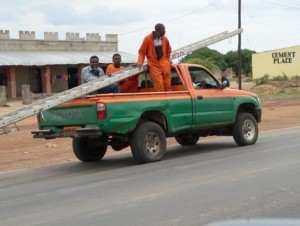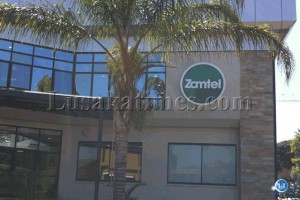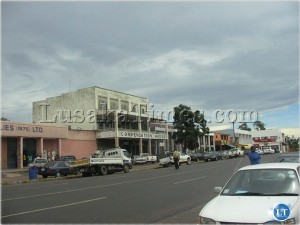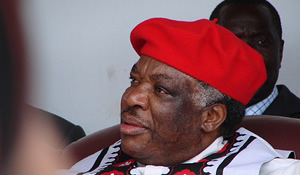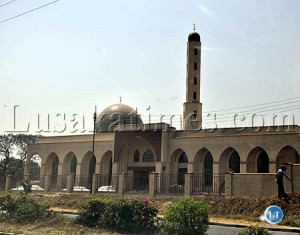
The Islamic Supreme Council of Zambia has cried foul over being left out of the 20 member technical committee appointed by President Sata to draft the new constitution.
Council Secretary General, Sheik Shaban Phiri says the Technical committee is not representative of all religions, which may be a threat to national unity.
He said that Muslims must be represented on the committee on account of their contribution to the country’s economic growth through the many businesses run by Muslims. Sheik Phiri has since disclosed that the council has written to President, Sata requesting for a redress of the matter.
And a clergyman has welcomed the appointment of a technical committee to draft a new Constitution but bemoaned the exclusion of the Evangelical Fellowship of Zambia (EFZ), a major church mother body.
Luapula Anglican Diocese Bishop Robert Mumbi said in an interview it was good that the committee had been appointed to immediately begin working on the new Constitution. Bishop Mumbi said he was impressed with the legal representation in the committee but said the President should still consider including the EFZ.
President Sata on Wednesday announced the appointment of a 20-member committee that included the Council of Churches in Zambia (CCZ) and three bishops from the Catholic Church. “It may send a wrong impression that one major Church mother body is left out when there was no such intention on the part of Government,” he said.
And Bishop Mumbi said the committee should not be restricted to completing its task within 90 days because this might compromise its work quality. He said Zambians expected a Constitution that would stand the test of time and he hoped the public would be allowed to look at, and give comments on the draft before it was referred to Parliament or to a referendum.
And the Zambian People’s Pact (ZPP) said it was happy with the composition of the committee because most of the members had been part of the Constitution-making process in the past.
ZPP national secretary Peter Sinkamba said the committee, led by former chief justice Annel Silungwe, was solid enough to come up with a Draft Constitution that would be acceptable to the people. Mr Sinkamba said focus should be on the review of past constitution commissions from 1991 in order to come up with a Draft Constitution after 90 days.
Law Association of Zambia (LAZ) president Musa Mwenye said in Lusaka yesterday that the plan to use a technical committee followed by a referendum and thereafter enactment of the Constitution through Parliament without further debate, was the best route.
“The appointment of the 20-member technical committee was only done yesterday (Tuesday) publicly. I must say that we are studying the composition and I can’t give a conclusive position on the composition,” he said. He said LAZ would support any measures that would lend credence to an all-inclusive and comprehensive constitutional review process.
Southern African Centre for Constructive Resolution of Disputes (SACCORD) executive director Lee Habasonda said while his organisation welcomed the appointment of the technical committee, there were, however, too many lawyers on the working group.
“The Constitution-making process is not just about law, it is also about socio-economic and political factors,” he said. “We also do not think that it is good for the minister of Justice to be part of discussion and process. To improve checks and balances, the minister should be involved when the draft is given to Cabinet,” he said.
UPND secretary general Winston Chibwe said the technical committee was not regionally all-inclusive and was tilted towards the Northern Province. Mr Chibwe said there was need for the president to reconsider his nomination of three Catholic bishops on the working group so that other Church mother bodies could be represented.
Zambia Land Alliance director Henry Machina said the committee of experts should critically look at the Land Chapter of the Draft Constitution and ensure that it provided protection to local people, particularly those who held customary land. “Our major concern is the displacement of rural communities who depend on land for survival by large-scale investors, often with inadequate or no compensation,” he said in a statement.
And the National Restoration Party national secretary John Phiri said there was need for the Patriotic Front Government to include youths in the Constitution-making process because it had the civic responsibility to do so.
[MUVITV/Times of Zambia]




